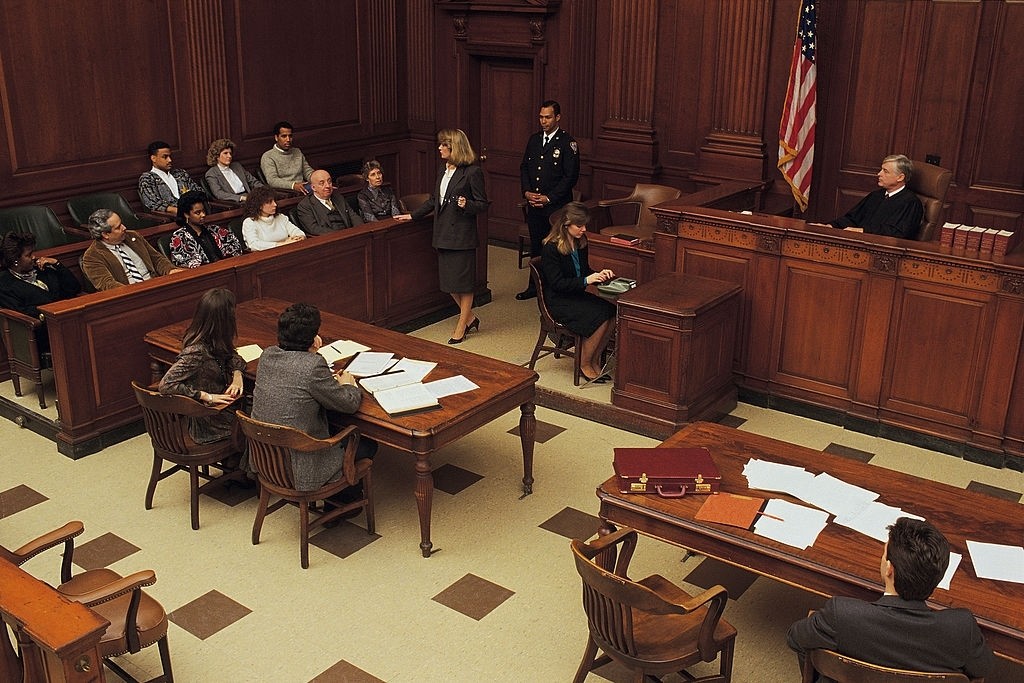If the IRS owes the taxpayer a refund, the general rule is that the taxpayer has to file a refund claim with the IRS, wait for the IRS to disallow the claim, and then, within two years of the date the claim is disallowed, file suit to recoup the refund. This is the general rule.…
Tax Articles
Do You Have to Use the IRS’s Official Forms?
Do taxpayers have to use the official forms published by the IRS? In May v. United States, No. 15-16599 (9th Cir. 2017), the court considered whether a taxpayer is subject to the listed transaction penalty if he fails to file the IRS’s reportable transaction form, but the IRS is otherwise furnished with all of the information…
Duty of Consistency for Different Types of Tax Returns
Taxpayers have to report tax positions consistently from year to year. They cannot get a tax benefit from taking inconsistent positions. The duty of consistency doctrine provides for this. But does this doctrine require items to be reported consistently on different types of tax returns? The court addressed this in Musa v. Commissioner, No. 16-1841 (7th…
IRS Must Refund Penalties Despite Tax Malpractice Recovery
Can the IRS withhold or set off a penalty refund owing to a taxpayer if the taxpayer has already recovered the amount in excess of the penalty from its tax attorney for malpractice? The court considered this in Ervin v. United States, No. 4:13-CV-00127-JHM (W.D. Ky. 2017). Facts & Procedural History Ervin participated in a tax shelter…
U.S. Foreign Tax Credit Not Impacted by Repayment of Foreign Tax Refund
The tax assessment and collection process in most foreign countries is markedly different than the process in the U.S. These differences can present a number of challenges for U.S. citizens who reside in foreign countries. In Sotiropoulos v. Commissioner, T.C. Memo. 2017-75, the court considered one of these challenges, namely, how does one determine whether…
Court Considers Economic Substance in S Corp Transactions
The IRS challenges some tax positions by asserting that the transactions lack economic substance. This can allow the government to unwind or ignore transactions that comply with our tax laws if there is no legitimate business purpose for the transactions other than tax savings. There is a growing body of court cases that helps define…
IRS Says Personal Expenses Paid by S Corp. Not Loan Repayments
If a Subchapter S corporation pays its shareholders personal expenses, can the payments be for the repayment of loans not subject to employment instead of wages subject to employment taxes? This is a common issue that has to be addressed when preparing S corporation tax returns. The IRS addressed this in AOD 2017-04 disagreeing with…
Reckless Conduct Sufficient for FBAR Civil Tax Penalty
It is not clear as to what level of conduct justifies the imposition of the $100,000+ foreign bank account reporting (“FBAR”) civil tax penalty. In Bedrosian v. United States, No. 15-5853 (E.D. Pa. 2017), the court considered whether reckless conduct is sufficient given the facts presented in the case. The FBAR Civil Tax Penalty The…
Court Says Employer Entitled to Worker’s IRS Records
When the IRS determines that independent contractors are taxed as employees, it is up to the employer to show that the IRS determination is incorrect. One way to do this is to show that the workers paid tax even though the employer did not withhold the tax. In Mescalero Apache Tribe v. Commissioner, 148 T.C.…
Computing the Reportable Transaction Penalty
The Section 6707A reportable transaction penalty can be difficult to work with given the more limited avenues for contesting the penalty. The court addressed this in Bitter v. Commissioner, T.C. Memo. 2017-46, in the context of a Section 412(i) plan. Tax advisors have been waiting for an answer to the very question of how to…










